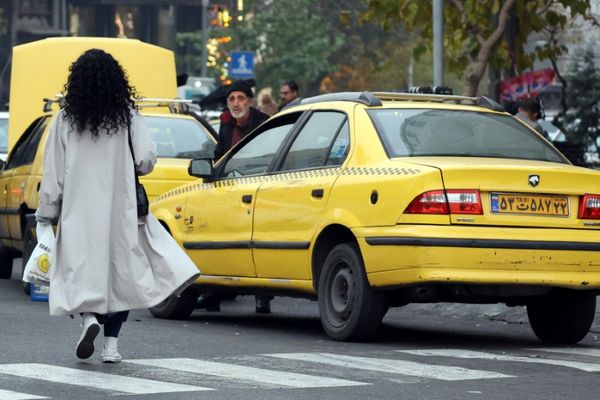
Activists in Sudan have expressed outrage after two medical volunteers were seized from the ambulance they were driving in northern Khartoum and detained for days by army intelligence officers, as airstrikes and clashes continued across the capital.
Mohamed Ahmed and Mohamed Jamal went missing last week while working with other volunteers to reopen the Haj al-Safi hospital in Bahri, which had been forced to close amid heavy fighting between the Sudanese army and the paramilitary Rapid Support Forces (RSF).
The men’s families received no news of the missing volunteers until Sunday, when army intelligence issued a statement alleging that they were arrested while driving a “stolen” ambulance.
The two men were released on Monday, but not before their captors shaved their heads in an apparent attempt to humiliate them.
Activists denied the army’s allegations, saying the pair were part of a volunteer effort to reopen the city’s hospitals – many of which are located in areas that have experienced the heaviest fighting since violence erupted last month.
Dr Attia Abdallah, a spokesperson for the Sudan doctors’ syndicate who has also received death threats for his volunteers’ work, said: “These two young men have been working with us for two weeks to reopen the hospitals. They should not have been rewarded by being arrested and accused of things that they have done. This is a way of pulling the civil forces to the war and drift them from their duties.”
About 80% of Khartoum’s hospitals are either unable to fully function or have shut down completely. Local doctors, along with the World Health Organization (WHO) and the International Committee of the Red Cross (ICRC), have said Sudan’s entire healthcare system could collapse.
In the absence of a functioning government, Sudanese civil resistance committees – local political groups integral to the 2019 uprising that ended the reign of the former dictator Omar al-Bashir – have played a vital role in delivering medicine to those trapped by the fighting.
The few remaining doctors who might have been able to work have received death threats from the military. Dr Hiba Omer, the first ever president of Sudan’s medical union, was forced to go into hiding and stop attending to patients after she received a string of WhatsApp messages accusing her of collaborating with the RSF.
“We keep receiving all sorts of threats. Some people even came to the hospital,” she said. “These people love death, blood and ugliness. They cannot stand seeing candle-lighting for others. We are trying our best to save lives and to create new dawn, but they hate that.”
Omer initially sent her children and husband out of Khartoum, but remained behind to help wounded people, working at first in Starq el-Neil hospital. That hospital sits amid several RSF positions, and was eventually forced to close amid heavy army rocket barrages – even though its patients include many wounded soldiers.
“The majority of those we receive are military personnel, both from the RSF and the army,” said Omer. “We do not care who is who – we just treat whoever needs our help.”
Omer then moved to another hospital in the city, but was forced to flee after reports of an impending RSF attack. “We worked under enormous pressure, basically living inside the hospital with very limited staff and limited medical equipment,” she said.







